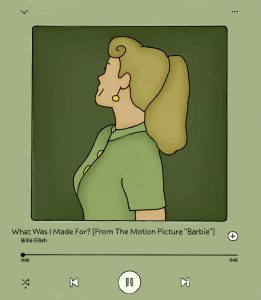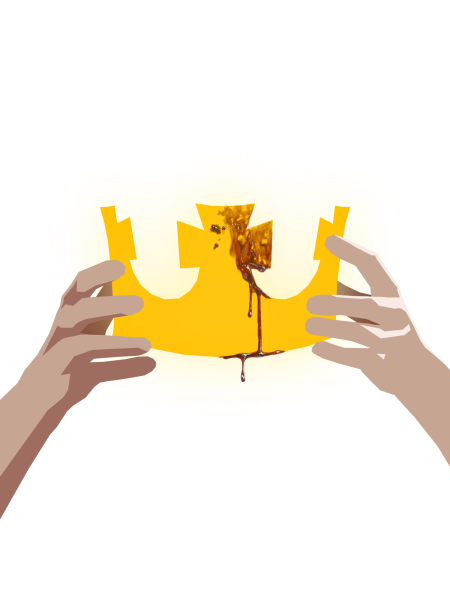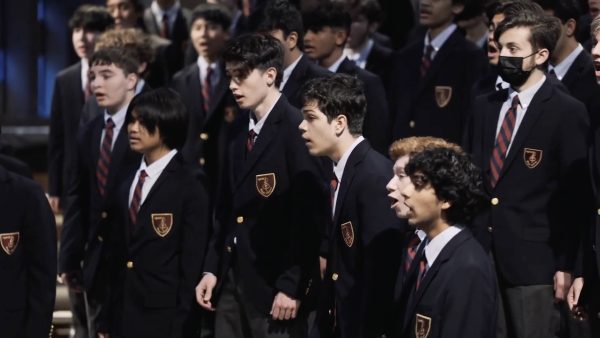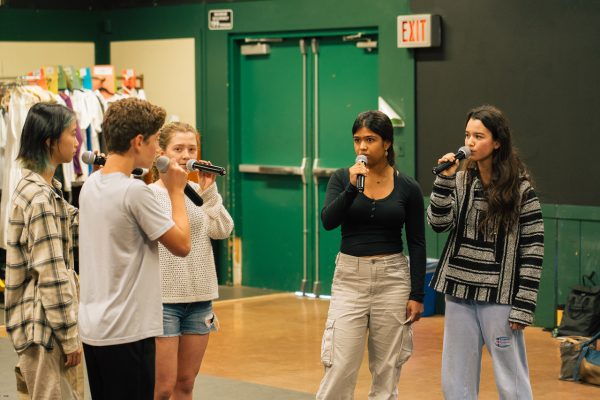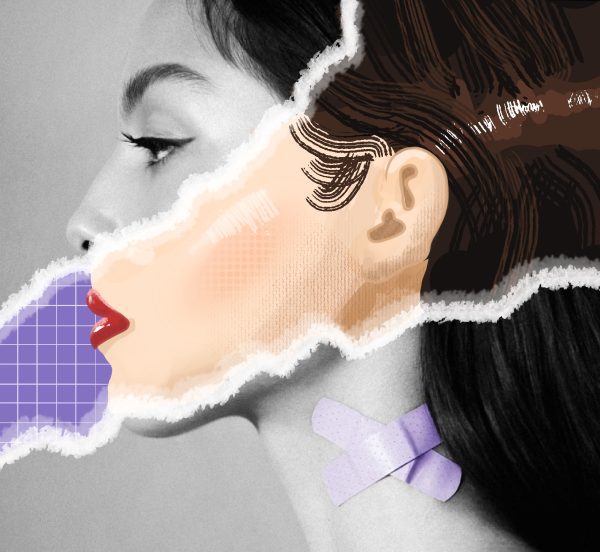Crushing Hard: What Kids Can Learn From Love
March 1, 2023
Pinewood Upper Campus counselor Stephanie Fugita was once a child with juvenile crushes. She left notes at her crush’s desk, and she experienced the same butterflies in her stomach as kids with infatuations today.
When a crush develops, though, the stomach is not the only body part affected; the brain also shifts in hormonal balance, releasing oxytocin, dopamine, and serotonin. Fugita said these three chemicals are often referred to as the “happy hormones” because of their respective effects: arousal, pleasure, and happiness.
“[The] need . . . to get dopamine and have that kind of exciting experience sometimes overrides what you know intellectually,” Fugita said.
Because teenagers chase the highs of the “happy hormones,” Fugita said, it can be difficult to make decisions that will benefit them long-term. Instead, choices that immediately generate positive emotions become more enticing.
For example, a student might be tempted to abandon their schoolwork to hang out with their crush, as Fugita explained.
This negative influence is why most adults disapprove of romantic relationships between grade-school children. However, Fugita said adults often fail to consider the valuable lessons that crushes can teach: communication, trust, and empathy.
“[You learn] that having someone to talk to about your feelings can give you perspective and not take it so personally if feelings are not reciprocated,” Fugita said.
Kids not only have the chance to practice maintaining healthy relationships, Fugita said, but the chance to learn how to take care of themselves. They can decide how they want to be treated and what kind of person they want to be around.
“Any friendship or potential [romantic] relationship gives teens the opportunity to learn about what they would like in a partner or friend,” Fugita said. “They also learn about what they respect in others and what they are not okay with.”
Young love’s poor reputation rejects the growth opportunities it provides and shields children from introspection.
“[I]f it helps you . . . gain insight to yourself, and it’s healthy, then it’s a good thing,” Fugita said.



